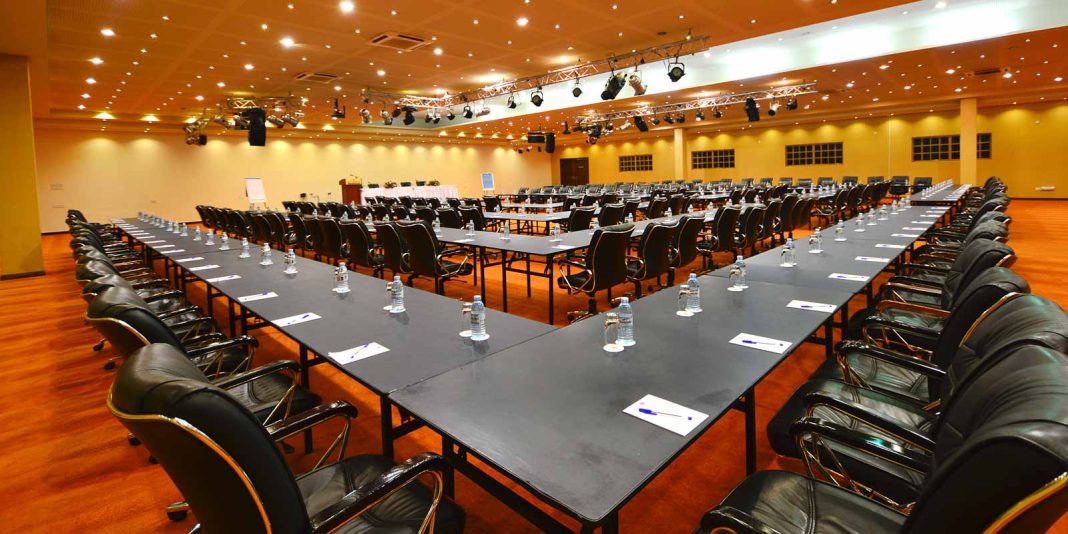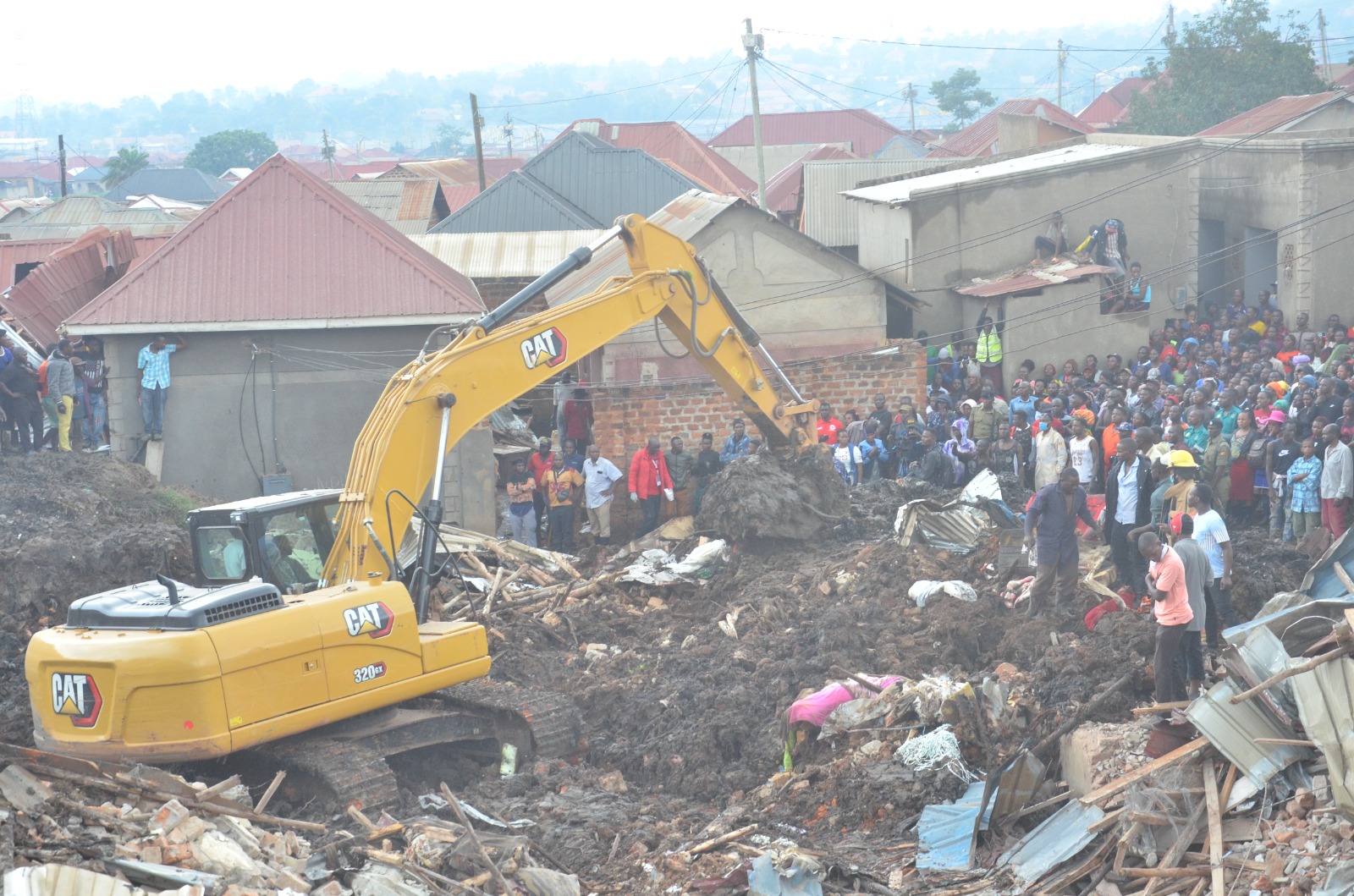Kampala, Uganda – As Uganda strives to establish itself as a leading hub for Meetings, Incentives, Conferences, and Exhibitions (MICE) tourism in East Africa, with Speke Resort Munyonyo as its flagship venue, the country’s hotel industry faces significant hurdles due to a shortage of quality rooms and a lack of five-star facilities.
Despite successfully hosting major events like the 19th Non-Aligned Movement (NAM) Summit and the G77+China Summit in the past, the sector’s limitations threaten its ability to attract future international conferences. With approximately 3,000 hotels nationwide, Uganda has an estimated 35,000 hotel rooms, of which 1,500 are in Kampala.
However, only about 30% of these facilities in the capital meet the international standards required to accommodate high-profile delegates. This shortfall has cost Uganda dearly, with neighboring countries like Rwanda, Kenya, and Tanzania leveraging their superior hotel and conference infrastructure to secure events that could have been held in Uganda.
“Uganda is losing out because we lack enough quality hotels,” said Mr. Herbert Byaruhanga, a tourism consultant and director at Birdnest Resort in Entebbe.
“Rwanda’s Kigali Convention Centre and Tanzania’s facilities in Arusha and Dodoma are attracting conferences that should be ours.”
Only two hotels in Uganda currently hold a five-star rating: Kampala Serena Hotel and Speke Resort Munyonyo, the latter serving as the flagship for Uganda’s MICE tourism ambitions due to its state-of-the-art conference facilities and lakeside location.
This scarcity poses a challenge as the country aims to build on its success in hosting events like the NAM and G77+China summits, which drew global leaders and showcased Uganda’s potential as a conference destination.
Future events of similar scale require not only sufficient rooms but also facilities meeting stringent international standards for security, comfort, and service. The economic stakes are high.
Conference tourism drives revenue for hotels, restaurants, transport operators, and small businesses while creating jobs and boosting foreign exchange earnings.
However, Uganda’s limited capacity beyond flagship venues like Speke Resort Munyonyo has led to missed opportunities, with regional competitors like Rwanda and Kenya hosting events that could have further elevated Uganda’s profile. Efforts to address these challenges are ongoing. The Ministry of Tourism, Wildlife, and Antiquities has trained over 2,000 hospitality workers to enhance service quality.
The government and private sector are also pushing for increased investment in high-end hotels to complement facilities like Speke Resort Munyonyo. Yet, stakeholders highlight significant barriers, including high borrowing rates of 20-25% and the costly importation of quality construction materials. “We need incentives like tax waivers on imported materials and lower interest rates to encourage investors,” said Ms. Susan Muhwezi, Chairperson of the Uganda Hotel Owners Association.
“Without these, competing with our neighbors is a challenge.” Private players like Mestil Hotel and Residences and Golden Tulip Canaan are striving to elevate their standards, but progress remains slow.
Industry experts estimate that Uganda needs at least 10 more five-star hotels in Kampala and key areas like Entebbe to meet MICE tourism demands and support the flagship role of Speke Resort Munyonyo.
Uganda’s successful hosting of the NAM and G77+China summits, largely facilitated by venues like Speke Resort Munyonyo, demonstrated its potential to shine on the global stage, showcasing its cultural heritage, natural beauty, and hospitality. Building on this, the country aims to attract more international events to boost tourism revenue.
However, failure to address the shortage of quality rooms and five-star facilities risks losing future opportunities to regional competitors.
As Uganda pushes to become a premier MICE tourism destination with Speke Resort Munyonyo at the forefront, the government and private sector must act swiftly. Investments in hotel infrastructure, policy reforms to ease construction costs, and enhanced training for hospitality staff are critical to closing the gap.
For now, Uganda’s hotel industry stands at a crossroads, with its global aspirations hanging in the balance.
*By Watchdog Reporter*
Do you have a story in your community or an opinion to share with us: Email us at Submit an Article









